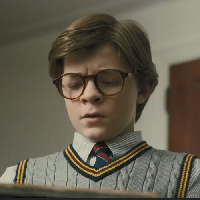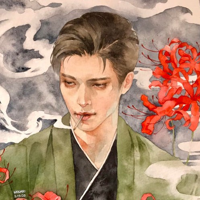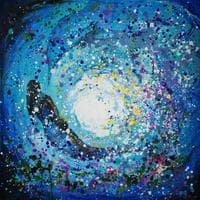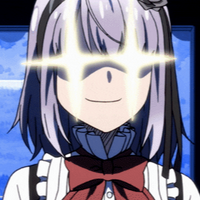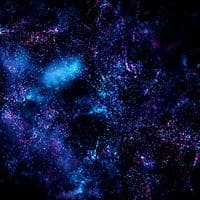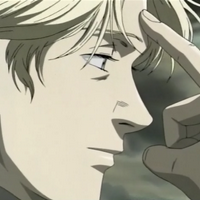Theodore Decker typ osobowości MBTI
Osobowość
"Jaki typ osobowości jest {profilename}? {profilename} jest typem osobowości {mbti} w mbti, {enneagram} - {iv} - {tritype} w enneagram, {big5} w Big 5, {sociionics} in Socionics."
Addressing the ISTJ arguments that say he's an Si-dom I'd like to counter with the Si Demon in INFJs.... Si: focuses on comparing and contrasting past experiences with what is happening in the present. Si relays impressions from the past, pays attention to concrete details, looks to tried-and-true methods for solving problems, and prioritizes routine, comfort, and physical well-being. INFJs inferior function is Se but the 'demon' (or the very last of the 8 cognitive functions/inferior function of our shadow function ENFP) would be Si. An INFJ may use Si during intense/troubling times (in which Theo experienced throughout the book/film) Si demon use in INFJs looks like this: -habitually replaying negative memories from the past over and over again. -consistently de-prioritizing their own comfort, health, and physical well-being. -feeling like a routine is stifling or “traps” them. -struggling to trust past experiences and concrete information. ^^^^this looks a LOT like the response to trauma Theo dealt with in this story. "At times, Si may unexpectedly help the INFJ, saving them from harm, by reminding them of useful information from their past. In conflict situations, when the INFJ feels at risk of damage to their psyche, Si may provide them with a startling fact or series of past mistakes that will completely dismantle their opponent’s argument." (check the replies on the comment below for my argument abt his other functions that make me believe he's an INFJ:)
Biografia
Osobowość correlate

Boris Pavlikovsky

Pippa Blackwell

James Hobart

Kitsey Barbour

Andy Barbour

Audrey Decker

Mrs. Barbour

Larry Decker
